Did everyone survive this cold snap? As I write this, our evening low is around 23 degrees depending on where you look. If it does get that cold tonight, we might see some damage on fruit tree blossoms, unfortunately, and especially on the well-developed leaves of newly purchased plants. With the warm and balmy spring we have been having, I suspect there are a lot of new plants in the ground already. We had a double whammy this week with the heavy, drying winds. When moisture is removed from the soil, so is heat. I cannot stress enough, that well-watered plants are a good tool to remember in your garden challenges against the cold. Thirsty stressed plants don’t hold up as well in the cold. I wish I could say this snap will be our last of this season, but I honestly doubt it. The Farmer’s Almanac has our last freeze date as May 20th. Here on our farm, we keep an eye on our nighttime temperatures and will get summer crop vegetable starts and seeds in the ground around May 15th. You might often hear more experienced gardeners say, “don’t plant your tomatoes until the snow is melted on Peavine.” Local Fallon folks adapted the mantra to instead mention the mountain as the Stillwaters or specifically Job’s Peak. The exception is the wall of water people who are planting their tomatoes under the toasty warm, mini water-filled greenhouses now.
So, what can you do to protect your plants for the next month if you don’t have a hoop house? If they aren’t planted yet you can always bring a potted nursery plant into the garage, or a covered back porch of course. If that option isn’t available, you can cover a plant or small fruit tree with frost cloth. Using the lightweight material found at most of our nurseries can raise the temperature by about 5 degrees. Some gardeners double them up when need be. The nice thing about frost cloth is it does not transmit cold onto the plant and can also provide some protection from the wind. If you can, keep the material from actually touching the plant. Creating a small frame for the cloth to hang over and/or be tied off helps. You can experiment with other materials to see what works best. I recently chatted with a clever gardener who saved Styrofoam cups and placed them over her cactus arms to protect the new growth on cold nights.
Taking advantage of the microclimates in your yard can also help. Microclimates are small pockets that have unique atmospheres from the larger areas surrounding them. They might be warmer, cooler, sunnier, shadier, drier, or more moisture-retaining than the other parts of your yard. A low spot or one near a perpetually leaky sprinkler for instance might hold more moisture. The canopy of a large tree might have more dappled shade. Either would be a good place to try out hostas, willows, parsley, celery, violets, ajuga, mint, or sweet woodruff.
A warmer microclimate might allow you to cheat a little with our growing zone. In town folks, for example, are usually in a slightly warmer zone than us out there types. This is sometimes called the heat island effect. More density and more concrete create more warmth and are also a reason I am an “out there” type. Large boulders, rock landscaping, sidewalks, and driveways, the south or west-facing part of your house all have the potential for a warmer microclimate as they can absorb heat all day and slowly release it overnight. I have been keeping an eye on a fig growing against a fence in a beautiful yard in town. I purposely ride my bike past this yard all the time just to check on it. I have seen some brown figs advertised as zone 6 but have yet to see a productive one overwinter outside here. I know several people who grow them in pots successfully though. They bring them in during the winter.
As with all gardening, the key is trial and error until Goldilocks-style you find just the right pot of porridge. The good news is that although unsightly, most of the damage done from early spring frosts will grow back. The new growth on mulberries and ash trees have notoriously sensitive leaves, they turn blackish brown and crunch up after a frost. Yet both trees do well here. If we have several days of heavy frost in a row, resist the urge to cut off all the damaged material as it can provide a slight cover however you can prune off the material once the weather warms up.
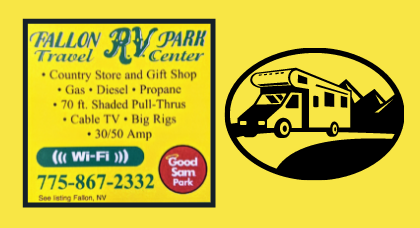


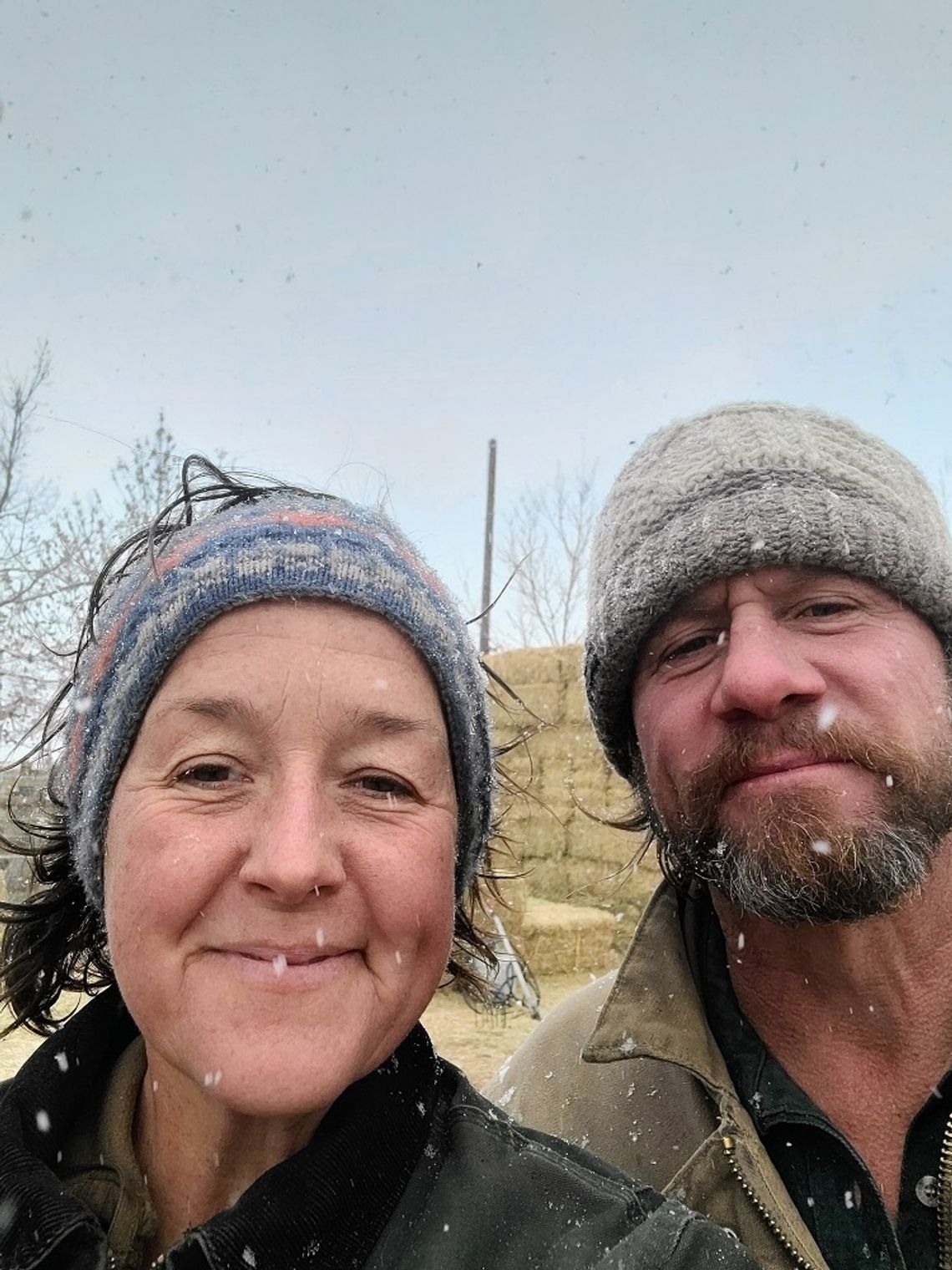
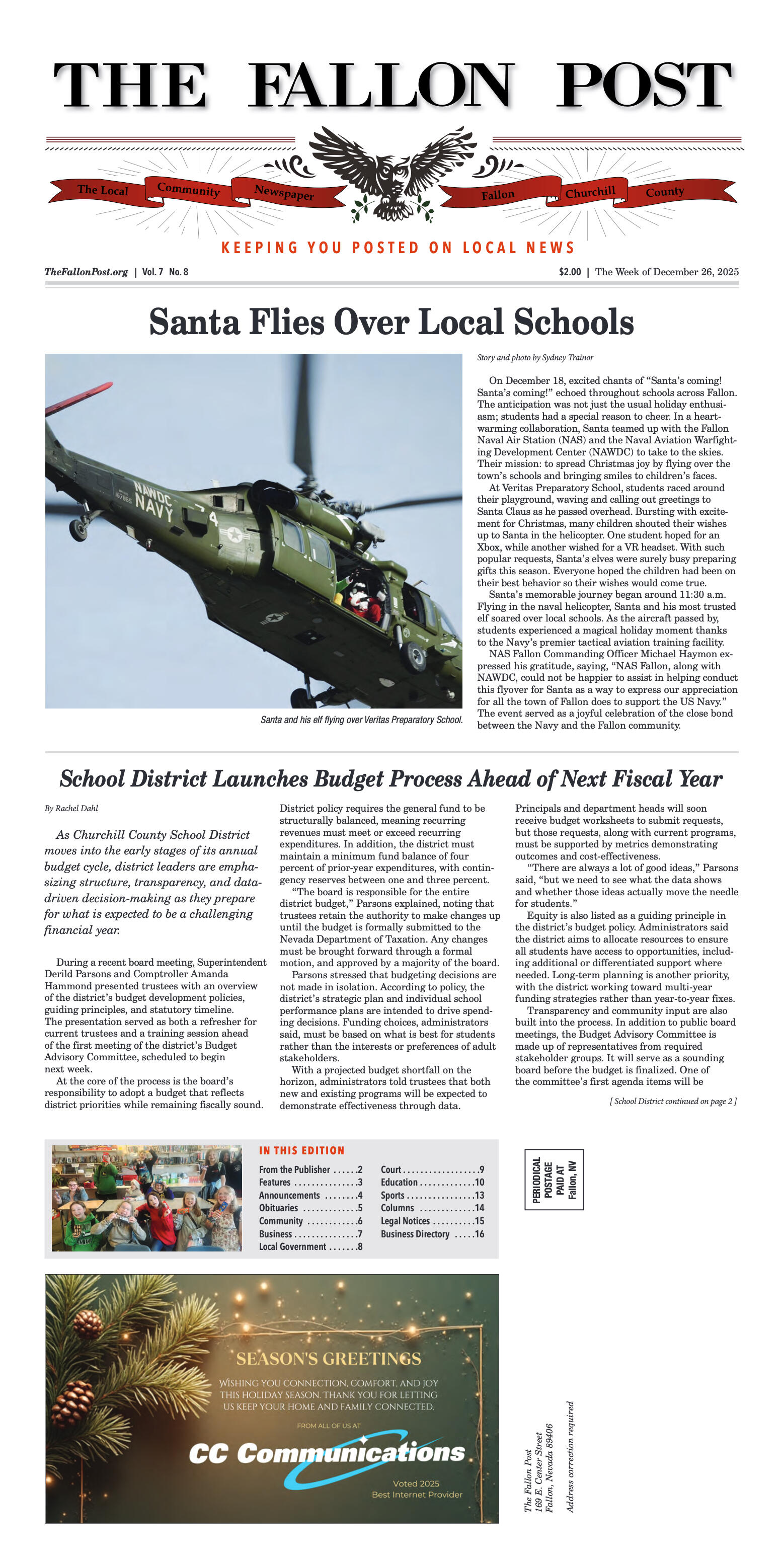
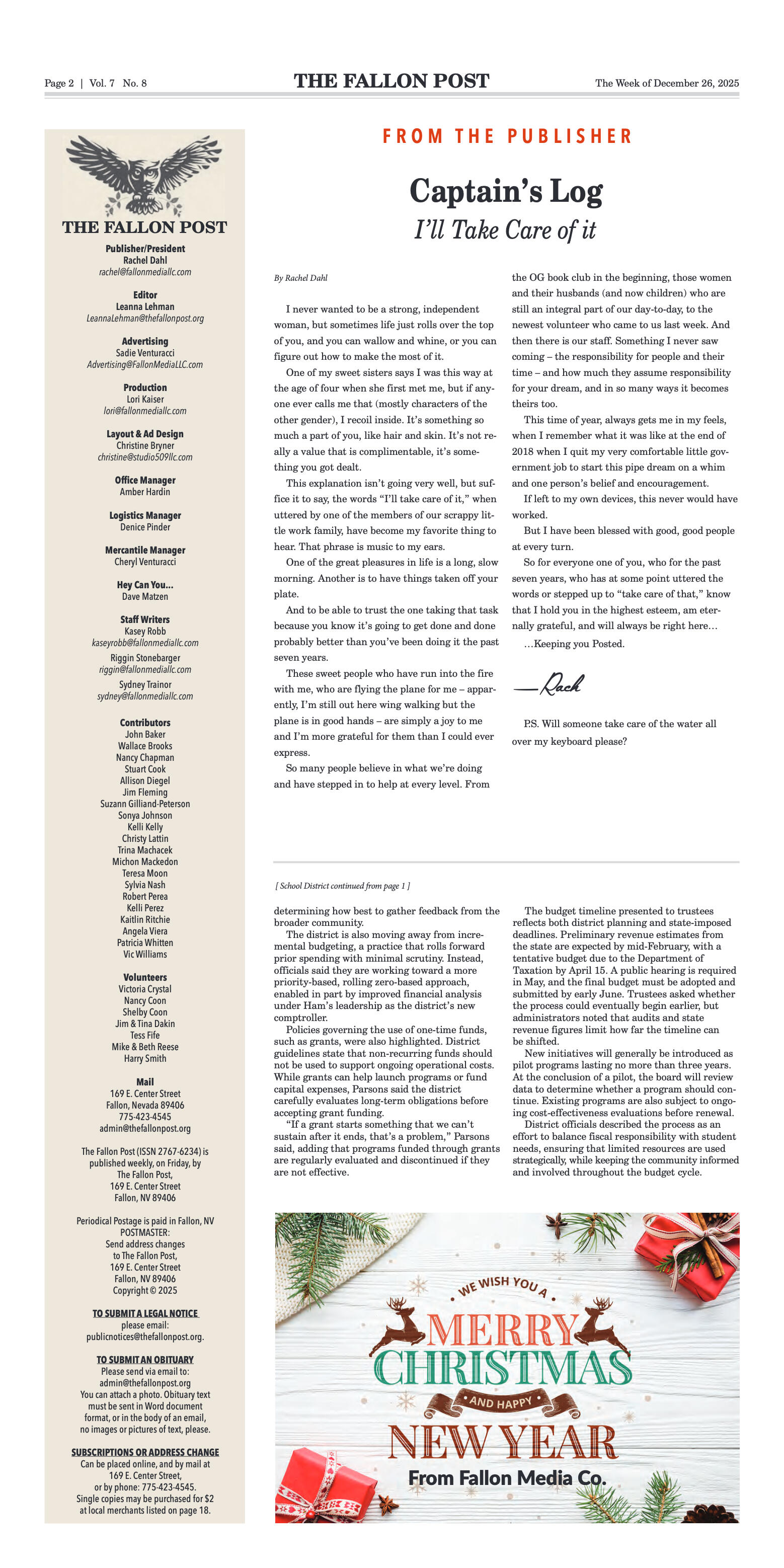
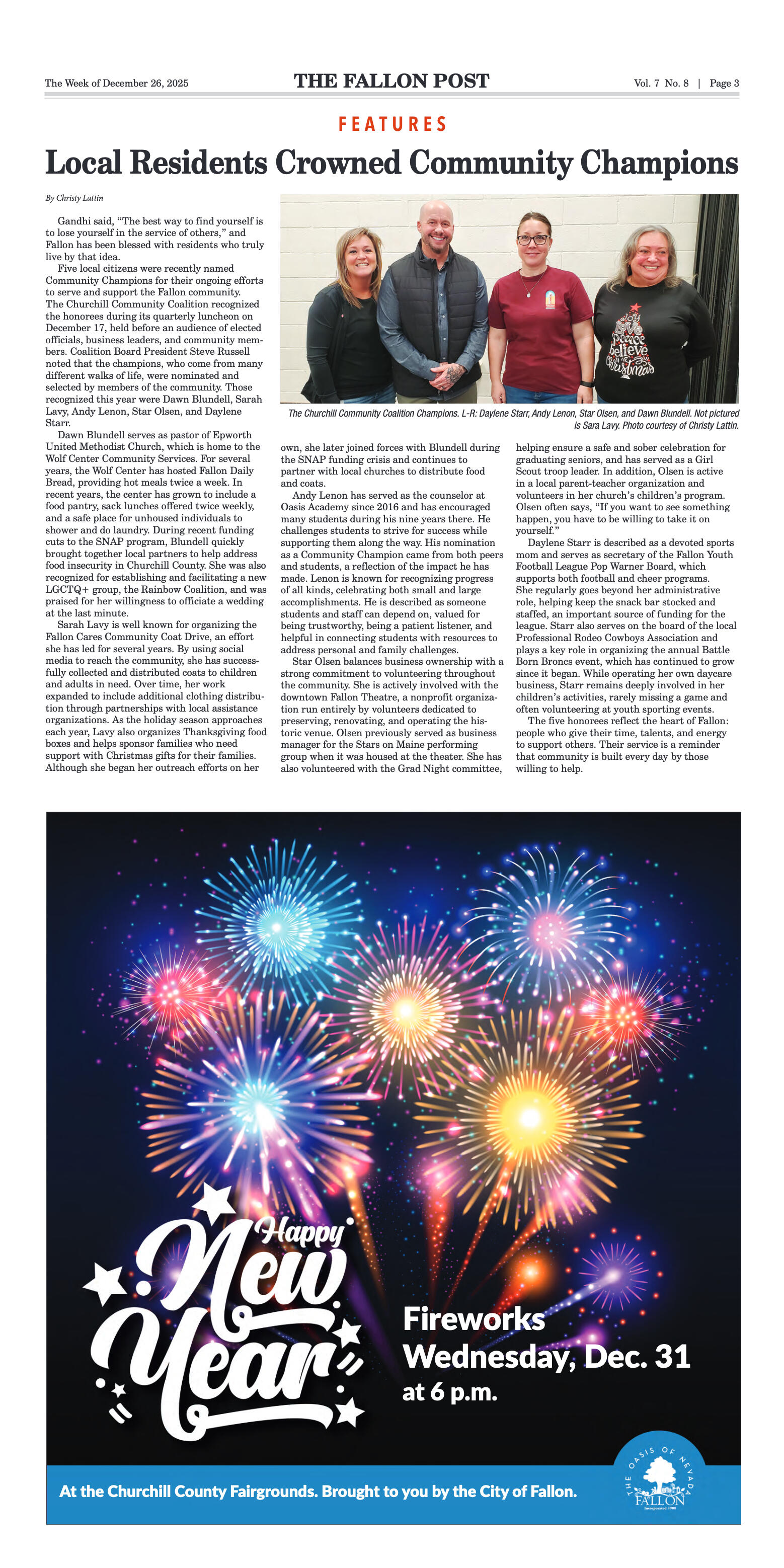
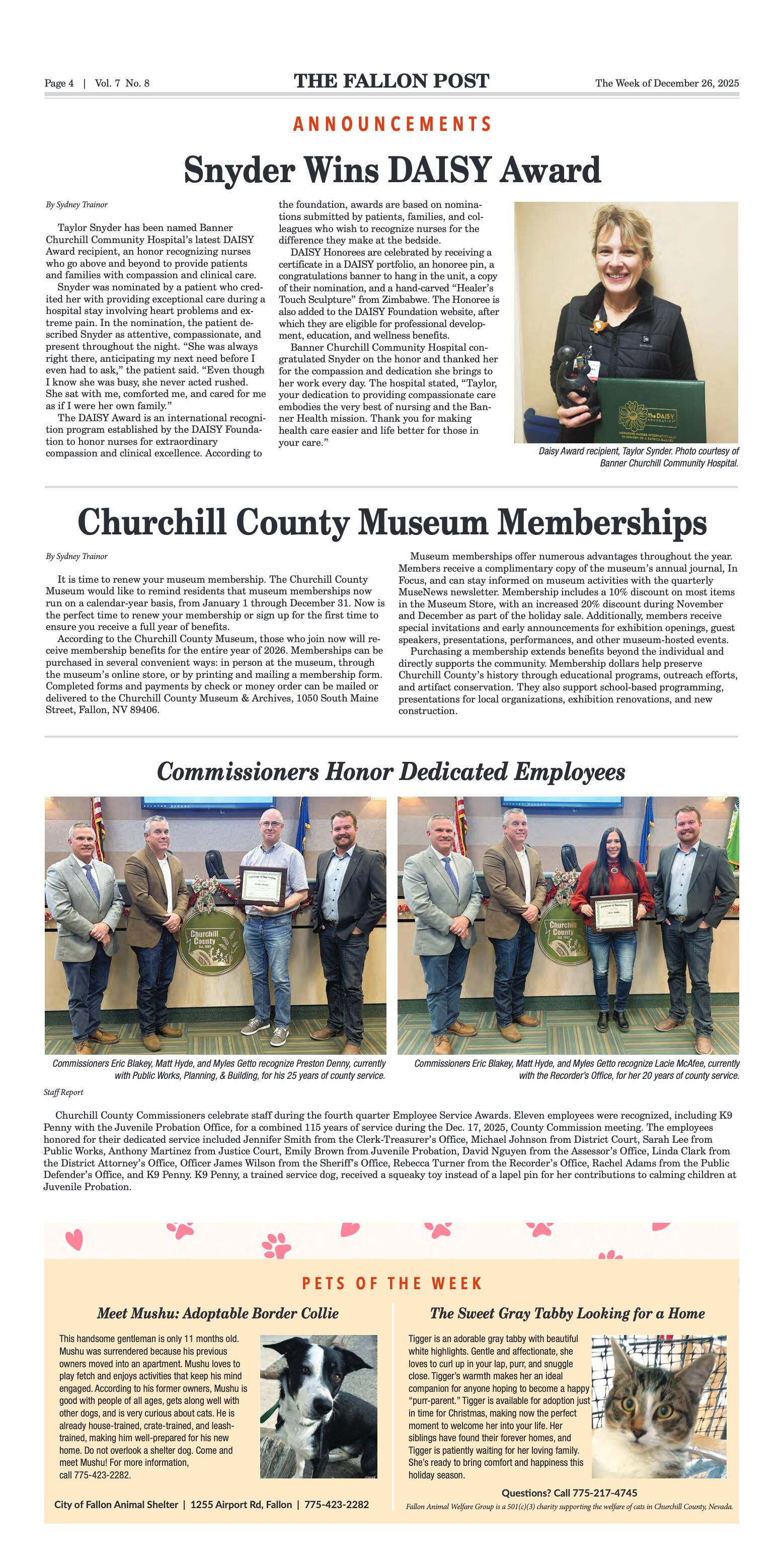
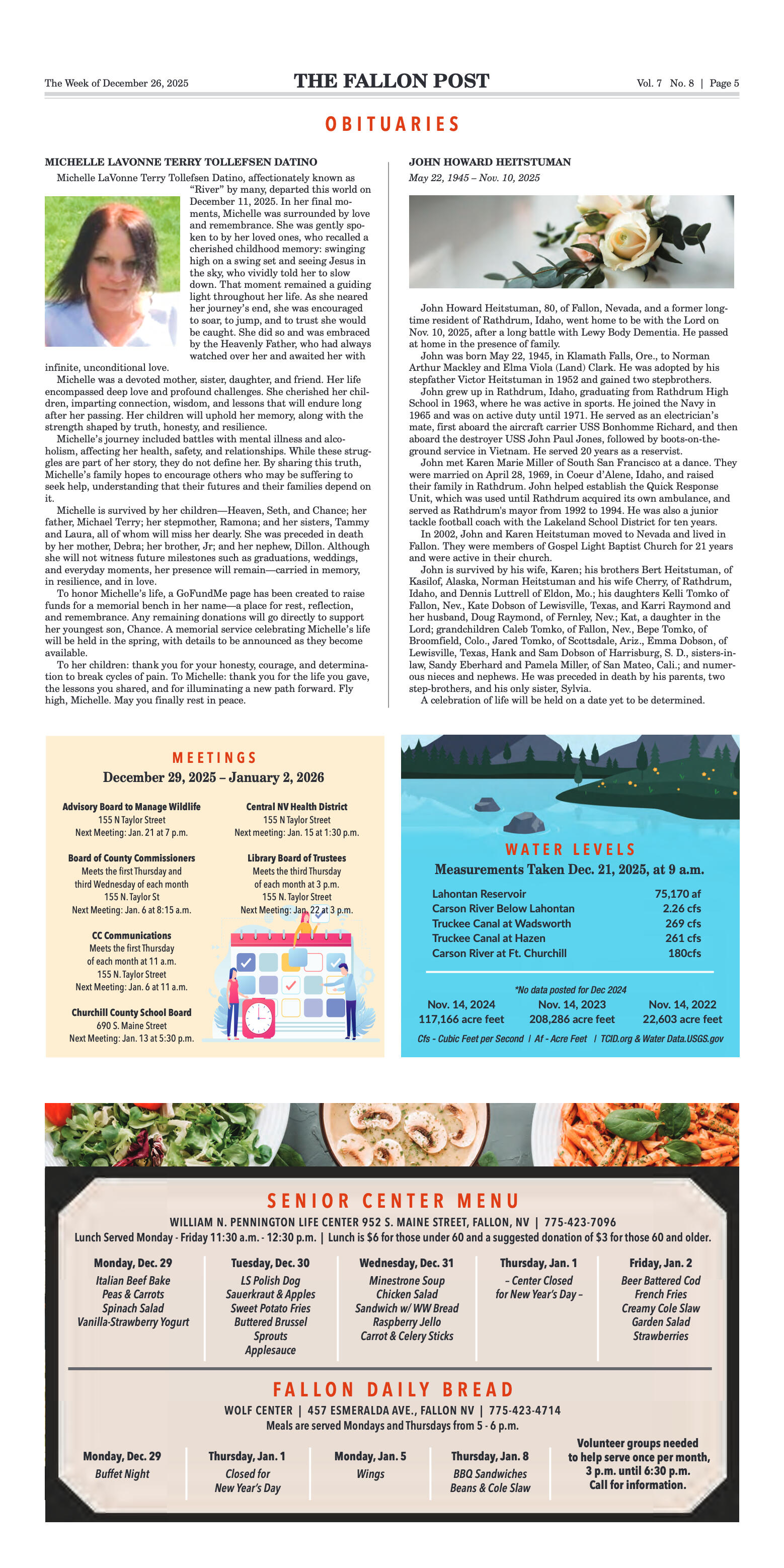
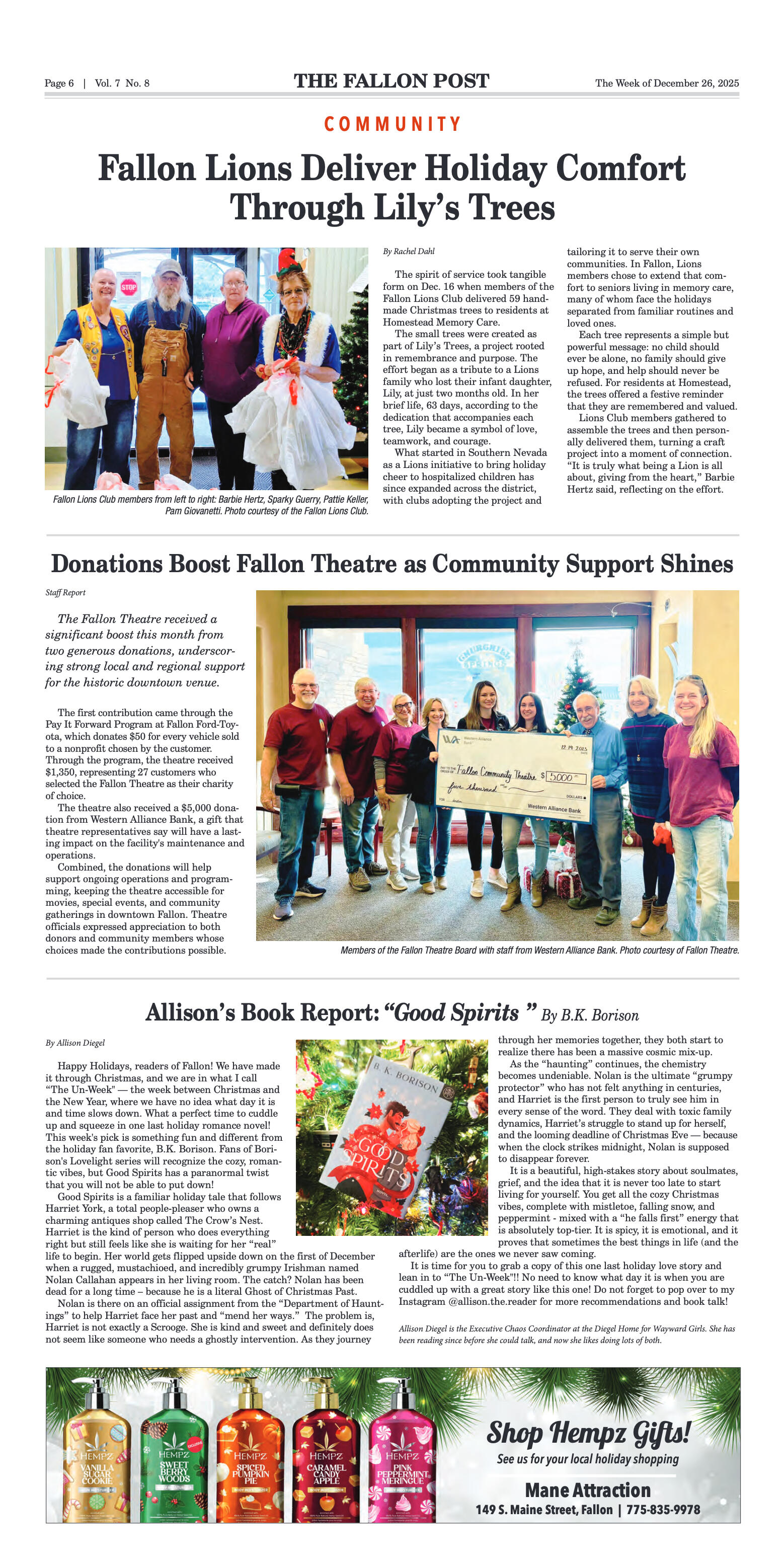
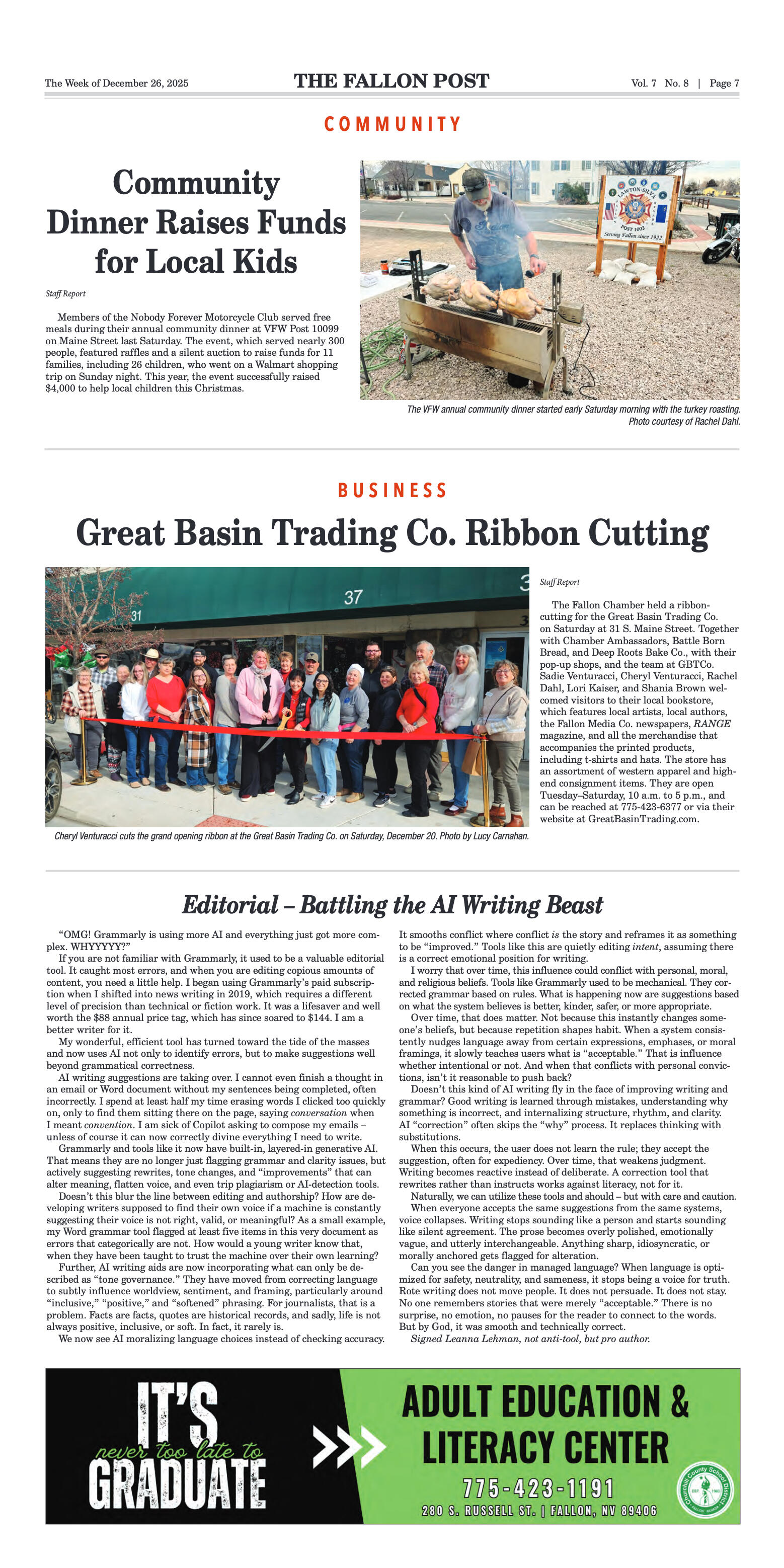
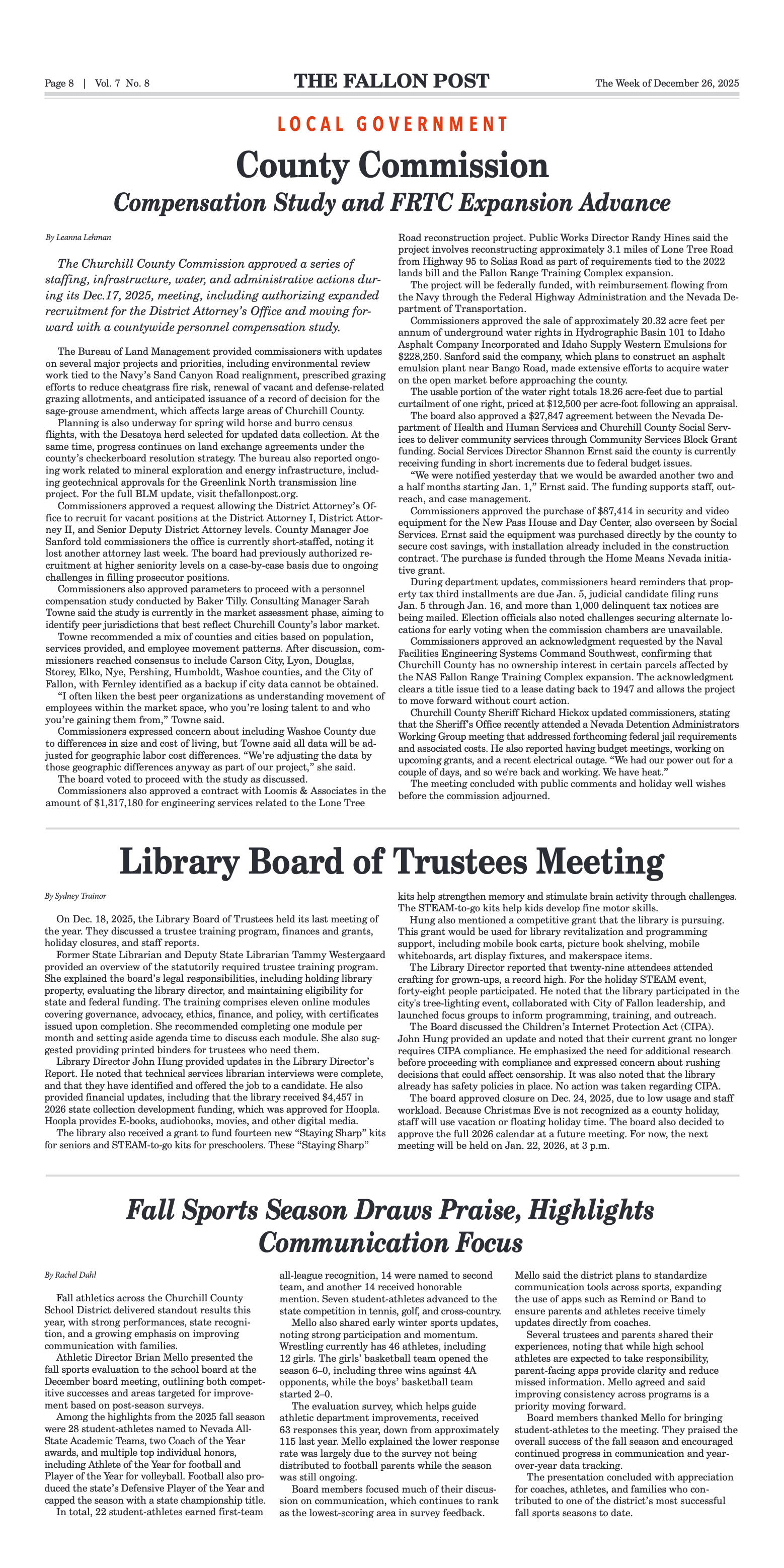
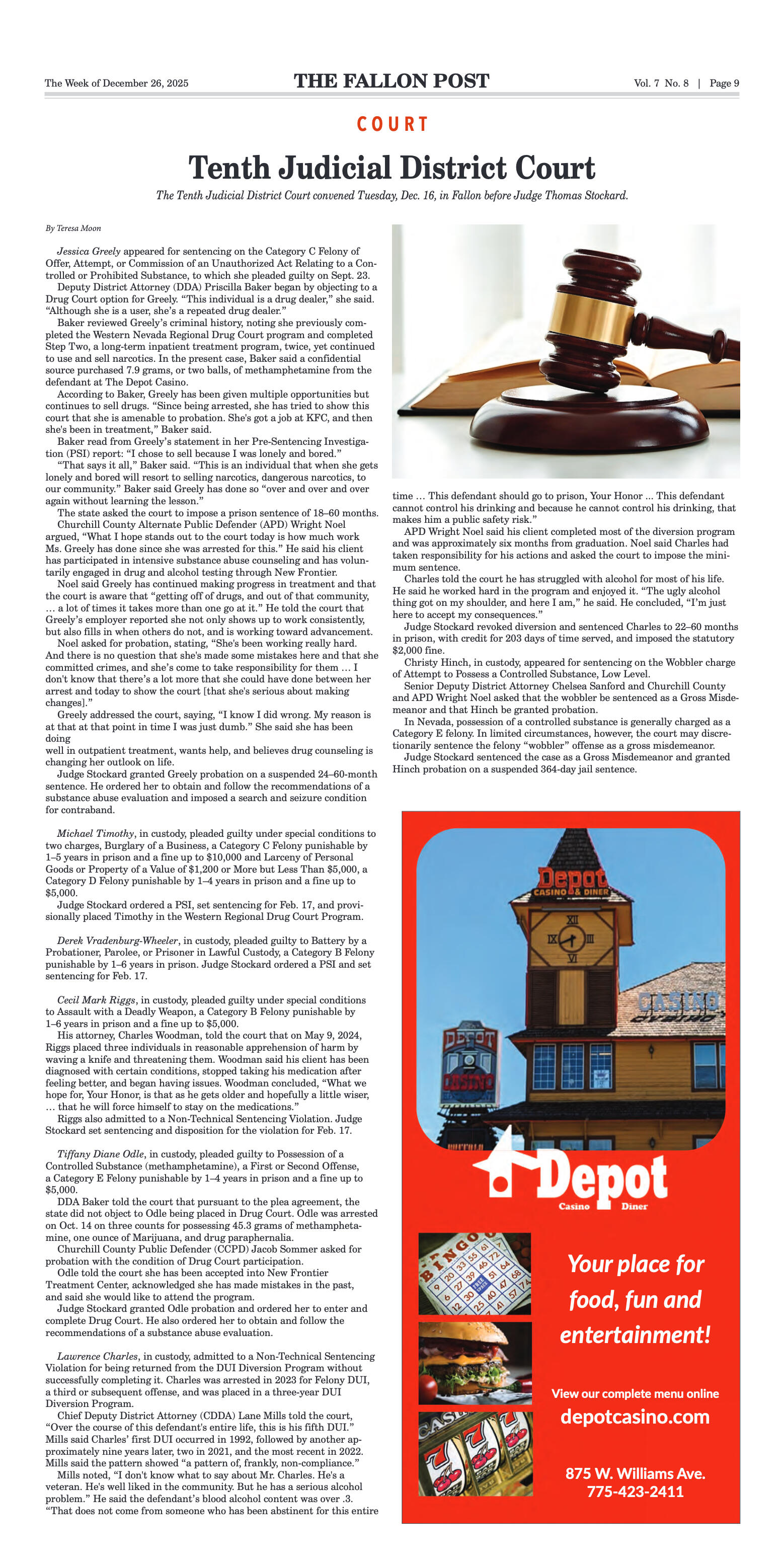
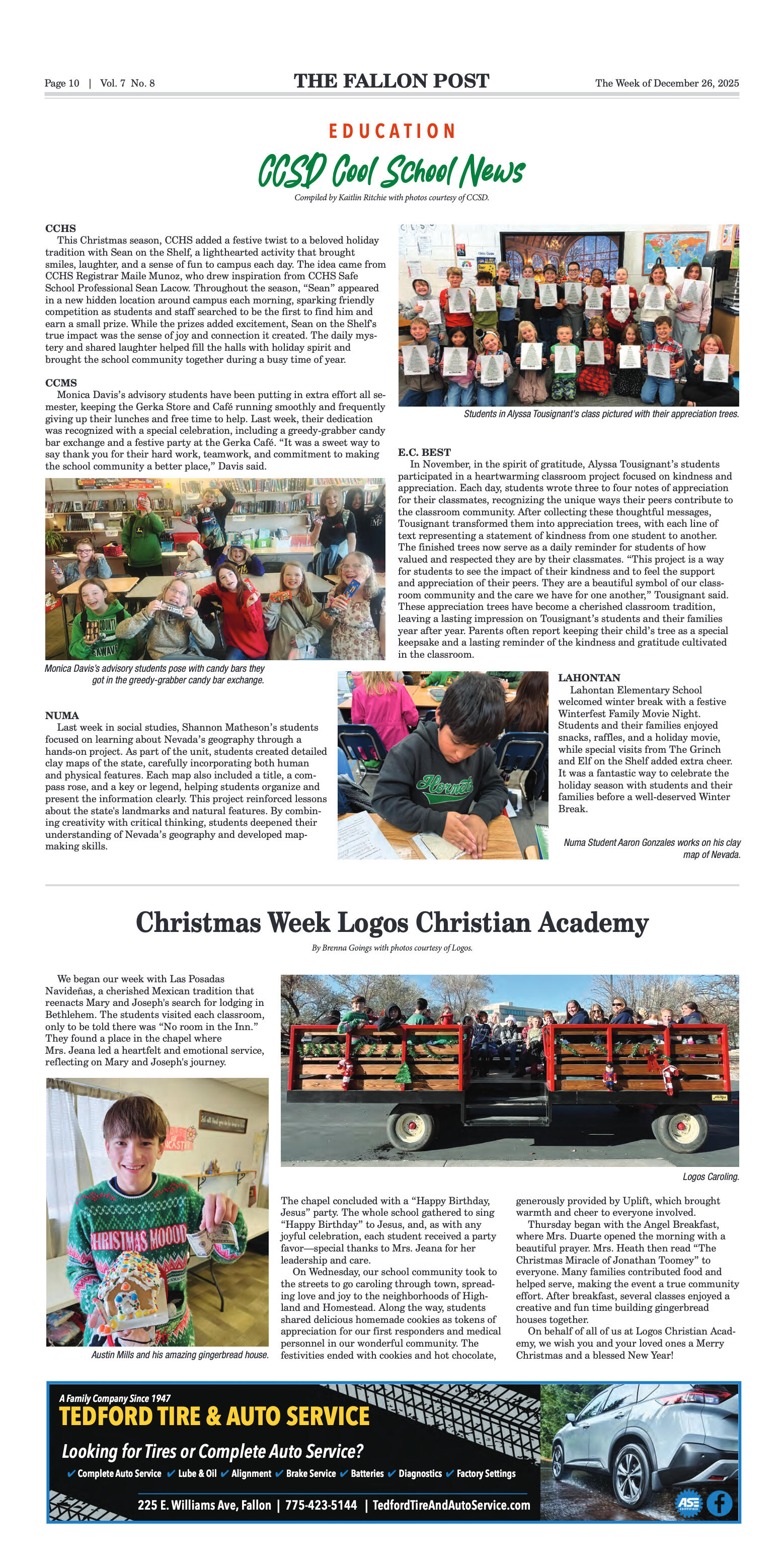
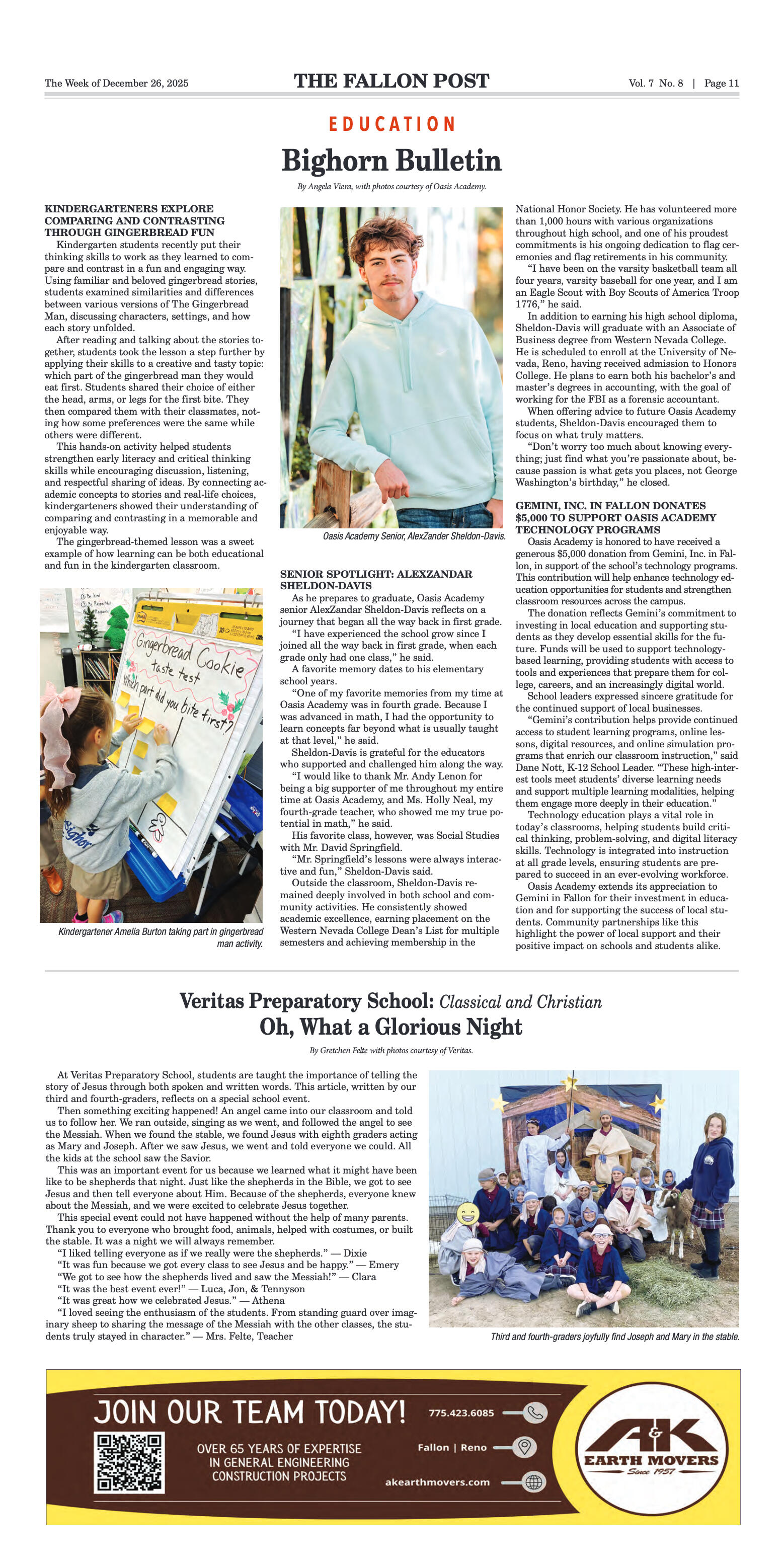
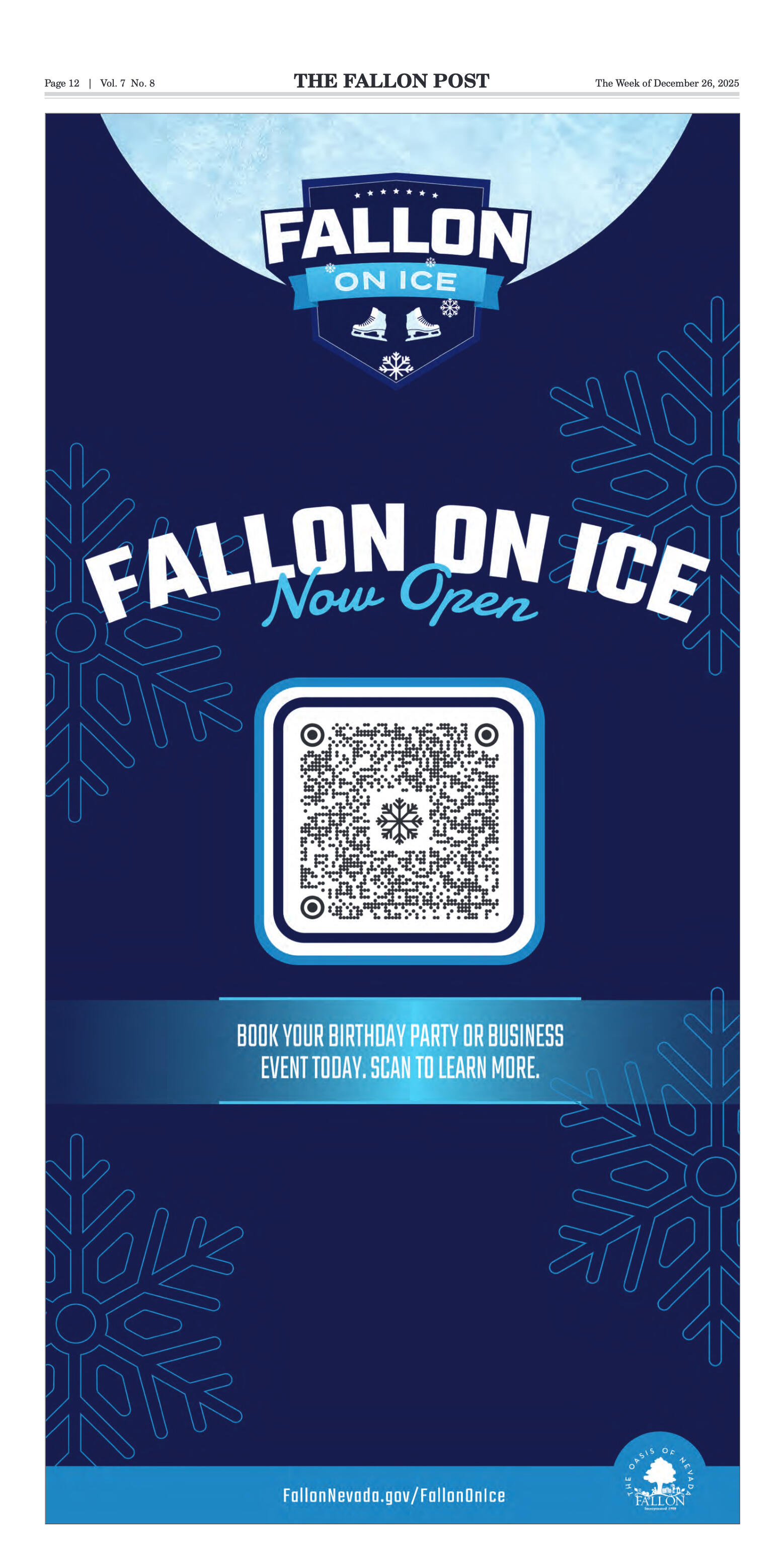
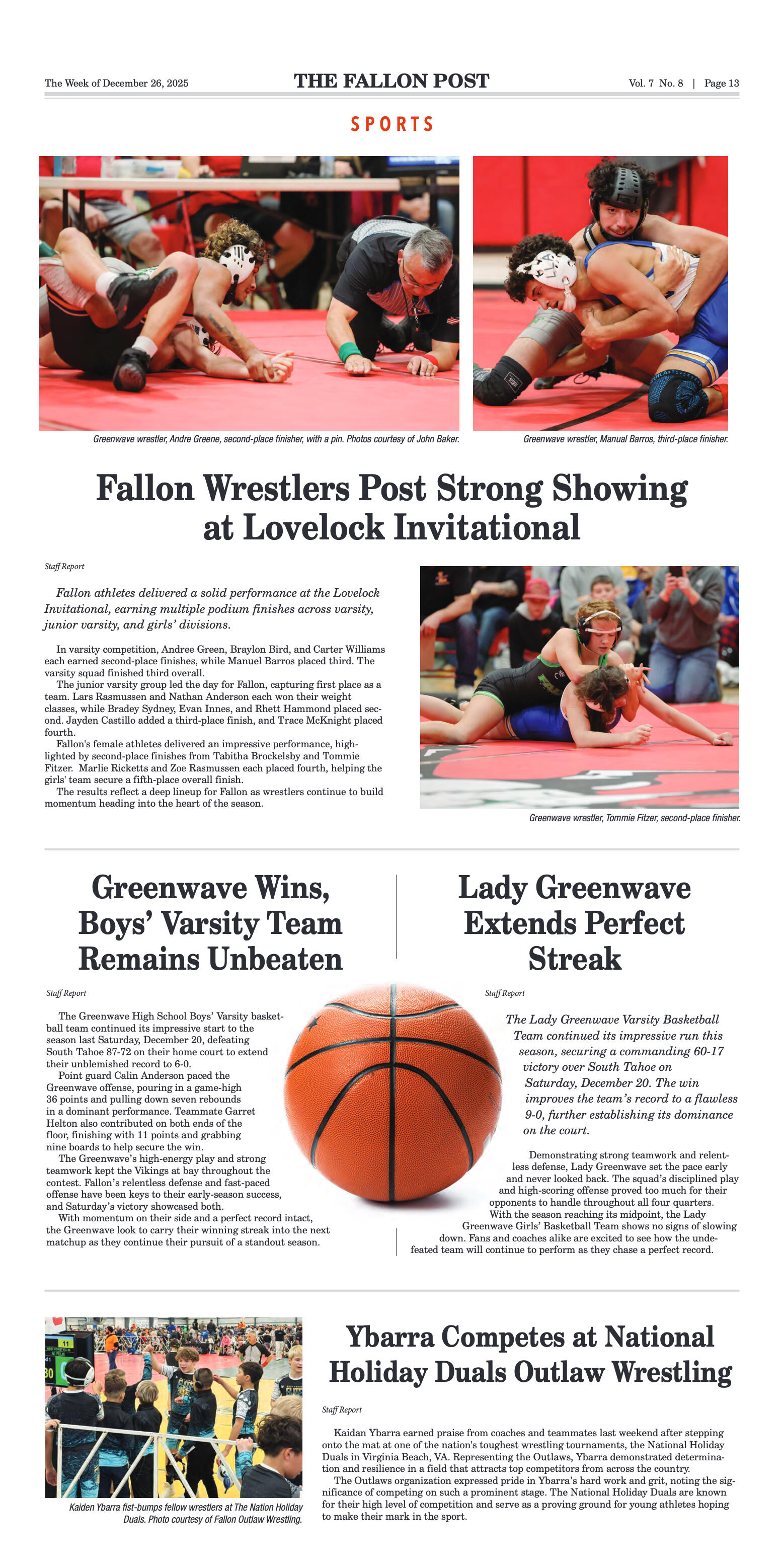
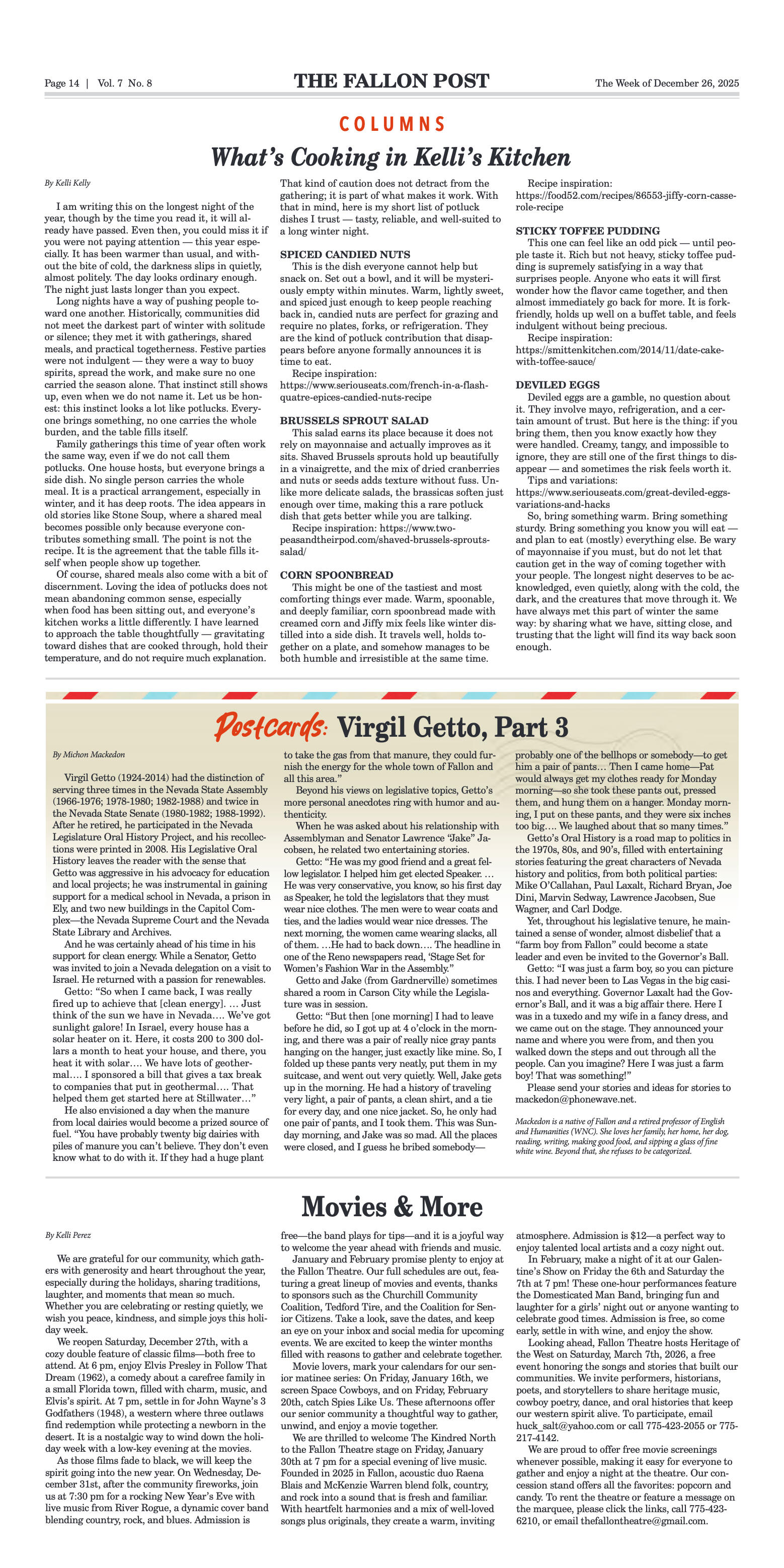
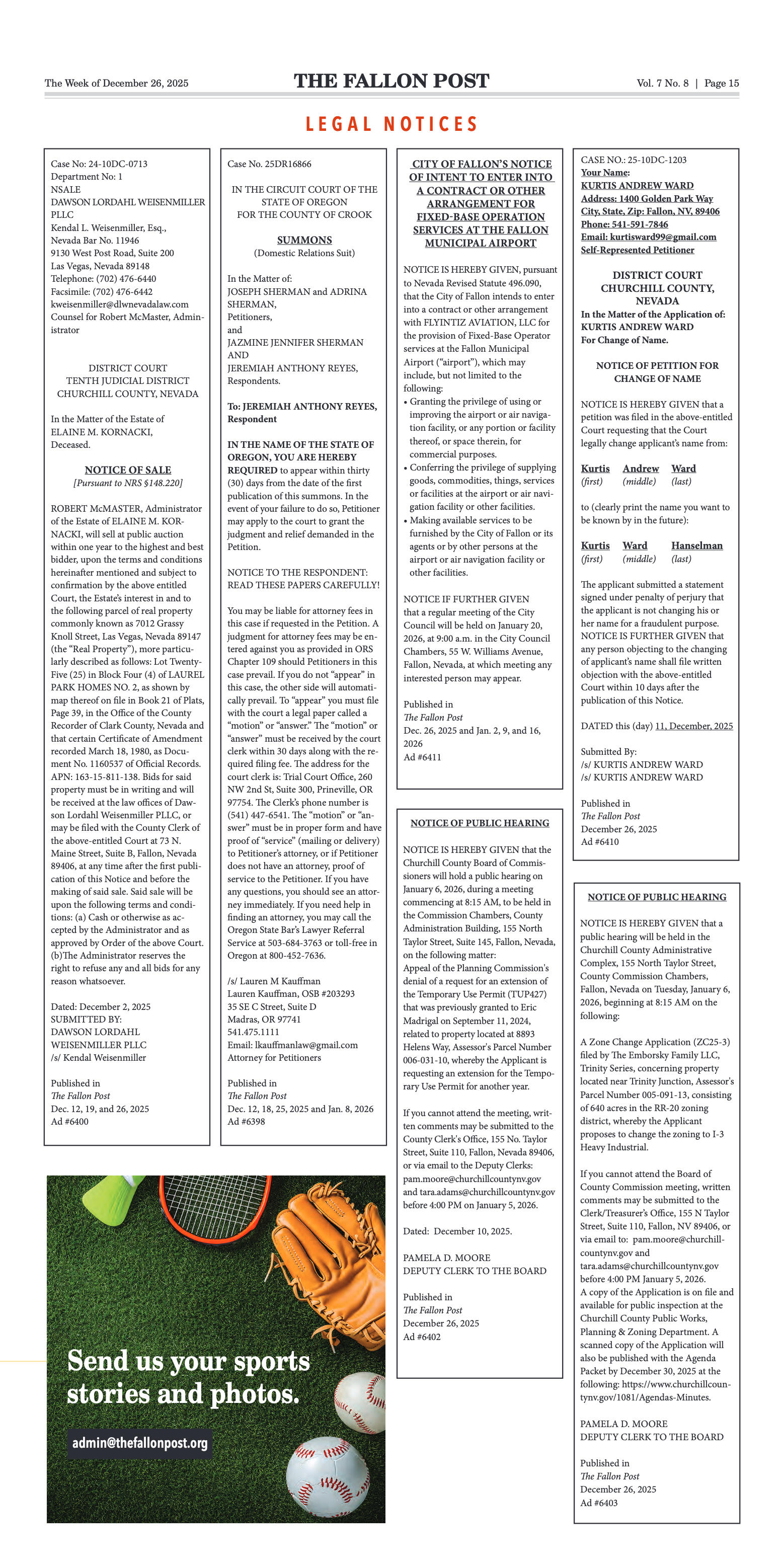
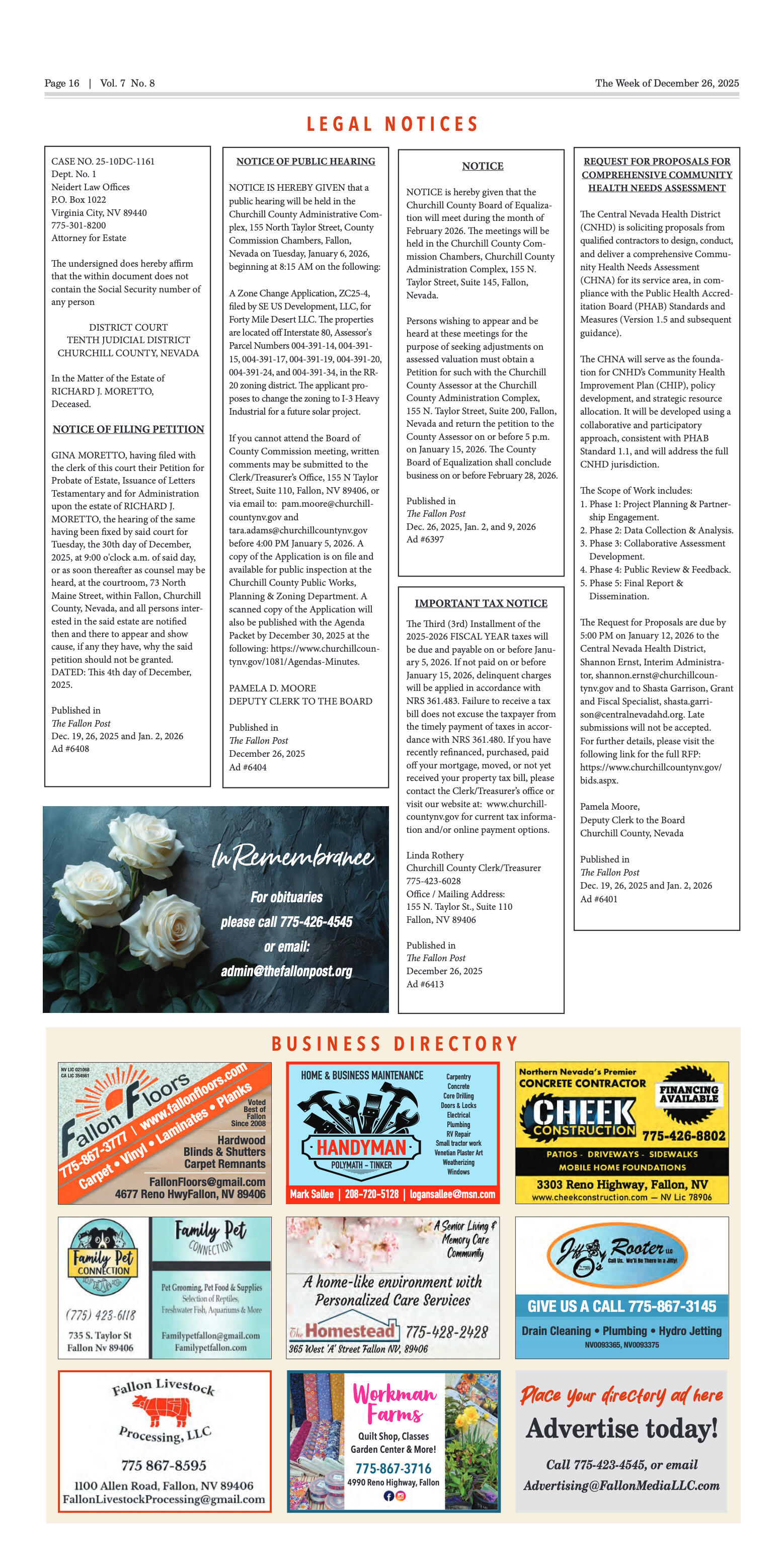





















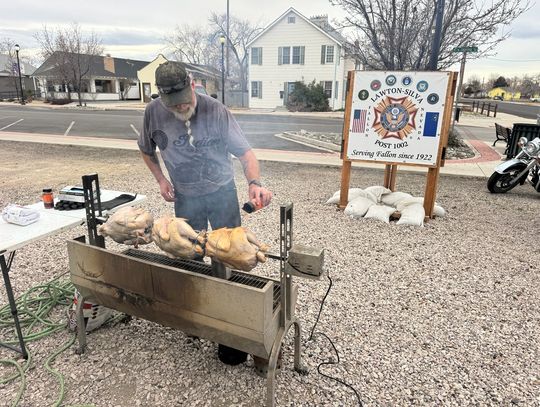




Comment
Comments